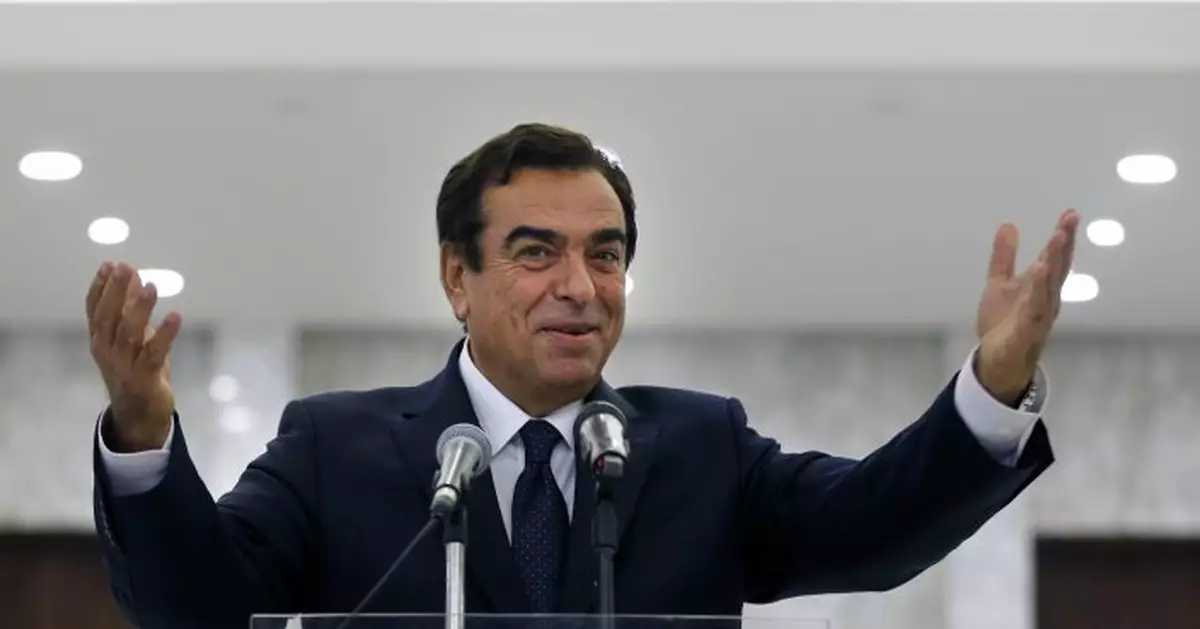Lebanon’s information minister is expected to announce his resignation Friday, in a bid to ease an unprecedented diplomatic crisis with Saudi Arabia and other Gulf countries.
Minister George Kordahi told local TV stations Al-Jadeed and MTV Thursday night that he intended to step down, weeks after televised comments he made that were critical of Saudi Arabia's war in Yemen sparked the crisis.
In response, Saudi Arabia recalled its ambassador and banned all Lebanese imports, which used to bring in about $240 million a year. Kordahi had refused to resign over the comments made before he assumed his Cabinet post, prolonging the crisis. Kordahi had said the war in Yemen was futile and called it an aggression by the Saudi-led coalition.
Yemen’s war began with the 2014 takeover of Sanaa by the Houthi rebels, who control much of the country’s north. The Saudi-led coalition entered the war the following year, determined to restore the internationally recognized government and oust the rebels.
Lebanon is sinking deeper into an economic crisis, the worst in its modern history. The country’s financial meltdown, coupled with multiple other crises, has plunged more than three quarters of the nation’s population of 6 million, including a million Syrian refugees, into poverty.
The Saudi measures have caused anxiety particularly among the many Lebanese who work in Gulf countries, and added to the country's economic woes. It is not clear whether Kordahi’s resignation Friday would placate Saudi Arabia enough to reverse the decisions.
At the root of the crisis is a years-old regional rivalry with Iran, and Saudi unease about the increasing clout of Lebanon’s Iran-backed Hezbollah group. Lebanon has been caught in the middle. Its relations with Saudi Arabia, a traditional backer of the small Mediterranean country, have been steadily worsening over the past years.
Kordahi's expected resignation later Friday comes ahead of a visit by French President Emmanuel Macron to Saudi Arabia and other Gulf countries. Macron backs Prime Minister Najib Mikati’s government and had taken the lead among the international community in helping the small Mideast country, a former French protectorate.


